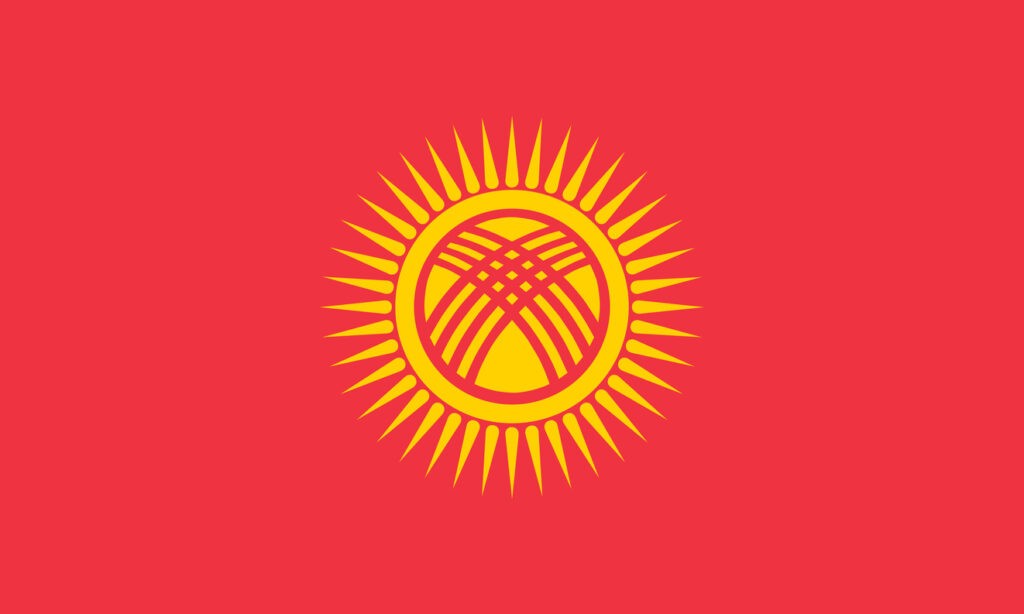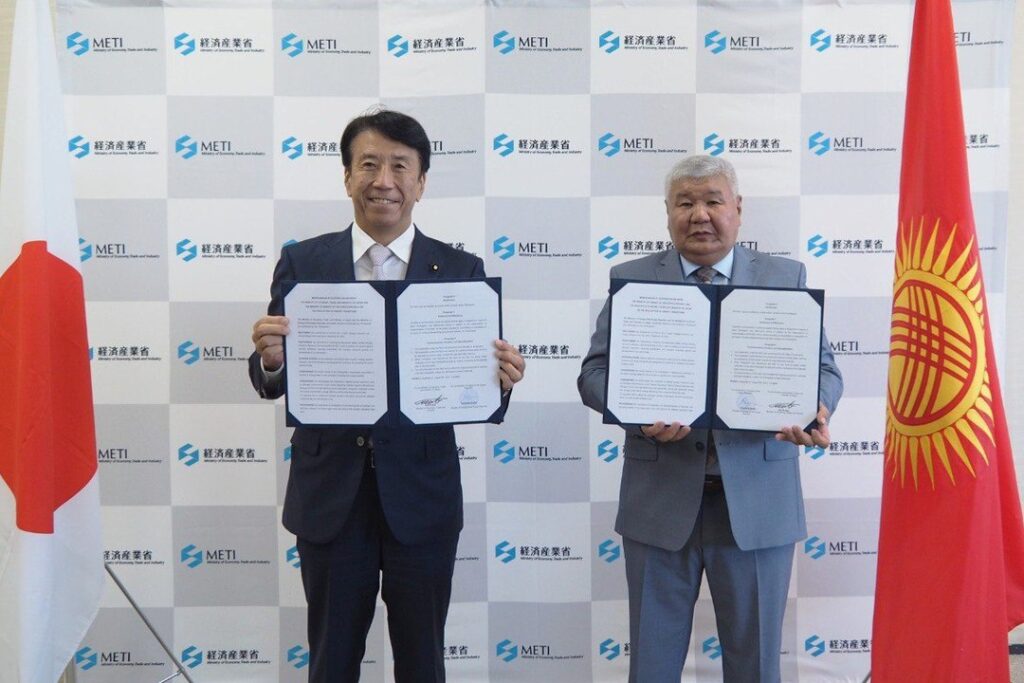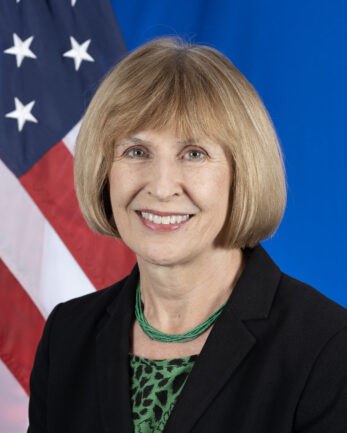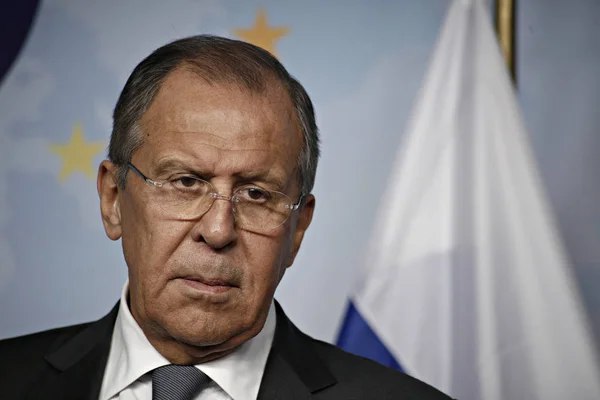Rise in Trade Between Kyrgyzstan and Afghanistan
In January-August 2024, trade between Afghanistan and Kyrgyzstan reached $14 million, including $6 million worth of Afghan exports to Kyrgyzstan. According to a TOLOnews report, based on data from the Afghan Ministry of Industry and Commerce, most of Afghanistan's exports to Kyrgyzstan and Uzbekistan consist of mineral water, carpets, non-alcoholic beverages, dried fruits, fruit juices, apricots, and sesame seeds. The report was issued in the wake of an announcement on September 6, in which Kyrgyzstan's Ministry of Foreign Affairs stated, "A decision has been made to remove the Taliban from the list of prohibited organizations within the territory of the Kyrgyz Republic.” The Ministry emphasized that the removal of the Taliban, the unrecognized group that effectively controls Afghanistan, from the list of banned terrorist organizations, aims to enhance regional stability and support ongoing dialogue. Confirmation was also made of Kyrgyzstan's ongoing commitment to supporting the efforts of the international community to ensure a stable and peaceful environment in both Afghanistan and the surrounding region. Reporting on the meeting between Chairman of the Cabinet of Ministers of the Kyrgyz Republic, Akylbek Japarov and the Chargé d'Affaires of Afghanistan in Kyrgyzstan, Nurullah Amin, on September 6, the Kyrgyz government’s press service outlined the parties' discussions on furthering bilateral cooperation between the two countries. On the Kyrgyz side, Japarov expressed interest in developing trade and economic relations, and transport links with Afghanistan, engaging in the joint development of Afghan mineral deposits, and cooperating in the energy, industry, and agriculture sectors.





